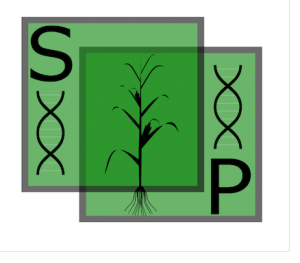
By Alex Lipka
The Lipka Lab conducts state of the art statistical approaches to analyze quantitative genetics data. Specifically, the Lipka Lab has two main research objectives. First, we seek to develop and apply optimal statistical approaches for associating the genotype to the phenotype. In particular, we are interested in assessing ways to improve the statistical power and predictive ability of genome-wide association study and genomic selection models. Our second objective is to participate in interdisciplinary collaborations that seek to gain a further understanding in the biology underlying polygenic and complex traits and could ultimately result in increasing agronomical output and/or the quality of human life. Although our research has a focus on analyzing data from crops and plants, we are also open to collaborating with scientists working in animal sciences and human medicine.
To learn more about specific research projects currently being conducted please contact Dr. Lipka at alipka@illinois.edu
simplePHENOTYPES v1.2.4
The number of studies involving correlated traits and the availability of tools to handle this type of data has increased considerably in the last decade. With such a demand, we need tools for testing hypotheses related to single and multi-trait (correlated) phenotypes based on many genetic settings. Thus, we implemented various options for simulation of pleiotropy and Linkage Disequilibrium under additive, dominance, and epistatic models. The simulation currently takes a marker data set as an input and then uses it for simulating multiple traits as described in Fernandes and Lipka (2020).
Vignettes and the developmental versions may be found at GitHub!

